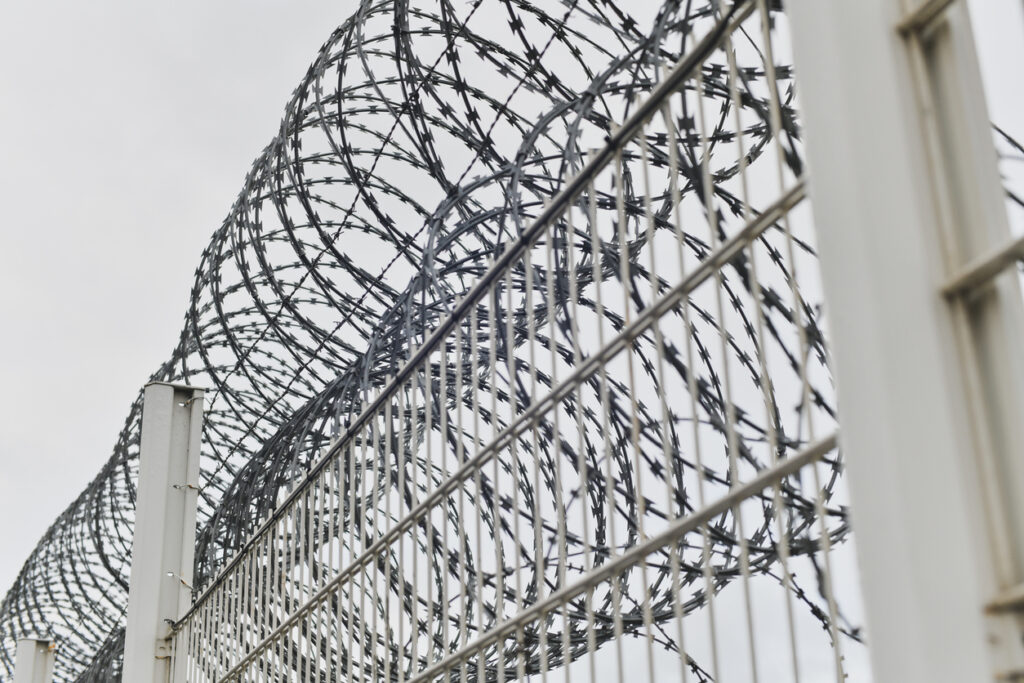I suffered torture in my home country and came to the UK to seek safety. And yet, despite having grounds for asylum, my case was rejected. This was back in 2008, the year that my life changed completely. My fear began as a small whisper, getting louder every time I heard someone had been deported. The anxiety was always at the back of my mind, and I only felt safe inside my home.
I was right to be afraid because my claim had been refused and I had no permanent right to stay. Though it was not illegal for me to be here, if immigration police found out that I was a failed asylum seeker who had temporary admission, they could still detain and deport me. It’s taken 20 years, but I have now got asylum and am a British Citizen.
In an increasingly hostile environment, people are more likely to be deported than ever before. If the situation was then as it is now, I might not have been able to stay. I wouldn’t have had the therapeutic support that’s enabled me to recover from the torture I received at the hands of my own government. I wouldn’t have had the chance to tell you this story.
The suffering I experienced in my home country happens to many people around the world, where violence is often used in horrific ways. But the psychological torture I suffered after arriving in this country to seek protection was created by the UK’s immigration system and the culture of hostility towards refugees. I was trapped in this system for 20 years, and it almost destroyed my life and health for the second time.


Today, many refugees take high risks to seek a safe life. This is our right under the Refugee Convention signed after the horrors of the Holocaust, and the UK has a responsibility to ensure the rights of those who seek protection within its jurisdiction. The Human Rights Act ensures the rights of all of us living on British soil, not because we are British, but because we are human. All countries that are signed up to international human rights law have the same responsibility, yet many are failing.
In the past year alone, the government has been to court three times to fight legal challenges against their plan to send refugees to Rwanda. Along with the now-abandoned British Bill of Rights, the Rwanda deal shows how the government will stop at nothing to challenge the rights of those entering Britain, however they can. Current laws are seen as an obstacle to be challenged, changed, or disregarded in pursuit of tough-looking immigration policies that destroy lives. Most recently, we’ve seen Rishi Sunak shamefully pushing ahead with the Rwanda policy despite the Supreme Court unanimously ruling against this cruel ‘cash for humans’ deal.
The hostile environment is much worse today than when I arrived, and the level of trauma being created by it must not be underestimated. In 2024 and beyond, if we care about balancing rights and responsibilities, and of those trying to evade laws, then we should focus on the main culprits acting irresponsibly. We must challenge the lack of responsibility and respect that this government has for national and domestic law and for the lives of marginalised people.
This year, my main message to the government and the British people is that to be a responsible nation we need to reject hostile politics and treat refugees fairly and with dignity. Time and time again, the people in power show that they are unable to do this, and that they will instead go to great lengths – legal or otherwise – to avoid compassionate approaches. They continue to promote violent rhetoric and politics, stirring up hate and discontent. For the many who have suffered impossible hardships and fled war, torture, persecution, domestic abuse and genocide, the UK immigration system is increasingly adding to the mental stress already faced by those experiences.
In a democracy we have an incredibly powerful opportunity to respond to governmental policy and to the ways in which they fail communities and individuals. This year, the future government will have a chance to take the question of vulnerable minorities seriously and develop a welcoming system that treats people like me with dignity and fairness. We need to hold those in power to account to prioritise tackling the violent legacy of the hostile environment.
Now, more than ever, we need to speak for those who can’t. If not, in twenty years’ time will people like me be able to become British citizens? Will we be giving survivors of torture the chance to rebuild their lives and make their voices heard?
Politics.co.uk is the UK’s leading digital-only political website, providing comprehensive coverage of UK politics. Subscribe to our daily newsletter here.












